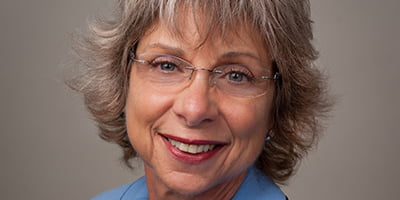by Kathy O’Hara
Dear friends of Catholic schools, Just before the fall semester began, the seminarian assigned to our parish during the summer spoke at all of the Masses. Our pastor asked him to share his “call story” (how he knew he was called to be a priest). What follows is my recollection of Luke’s story, with apologies to him in advance for any details I may report inaccurately!
Anyone who knows the Doyle family from Topeka even slightly would not be at all surprised to learn of their son Luke’s vocation. If there ever was an example of a family truly living their Catholic faith, it is the Doyles.
However, Luke recalled that he realized in high school that he was living his parents’ faith, not really his own.
He began to realize this when he and some of his friends had failed an assignment or test in theology class. Luke and his friends concluded that it was not a good thing to fail in theology! After all, how could they explain this to their parents?
So they did what any enterprising young high school students would do: They begged their teacher for a way to redeem that grade.
It is the teacher’s response that caught my attention as Luke spoke. Luke said the teacher said, “Sure, there is something you can do to help your grade. You can join me at lunch and pray the rosary with me.”
The students thought this was the easiest “make-up work” ever, so naturally they complied. Luke commented that during these times of praying the rosary, he began to experience a conversion from living his parents’ faith to feeling his own faith awaken within him. Luke attributes those rosary sessions, along with his family upbringing, as the catalyst for his vocation.
As I reflect on Luke’s story, I cannot help but think of the role of Catholic school teachers in priestly and religious vocations.
We teach a vocation curriculum; we sponsor vocation clubs; we encourage individual students to participate in Project Andrew and other vocation-related activities; we pray for vocations; and instead of teaching only about “college and career readiness,” we teach about vocation discernment and ask students to reflect on how God is calling them to use the gifts and talents he has given them.
Perhaps, though, the most important thing we do is to witness our own faith and invite students to share their faith with us. One Catholic school scholar refers to Catholic school teaching as an “intimate communication among souls.”
It seems that this is exactly what took place at Hayden Catholic High School when Luke Doyle joined his teacher for those luncheon rosaries.
Vaya con Dios!



